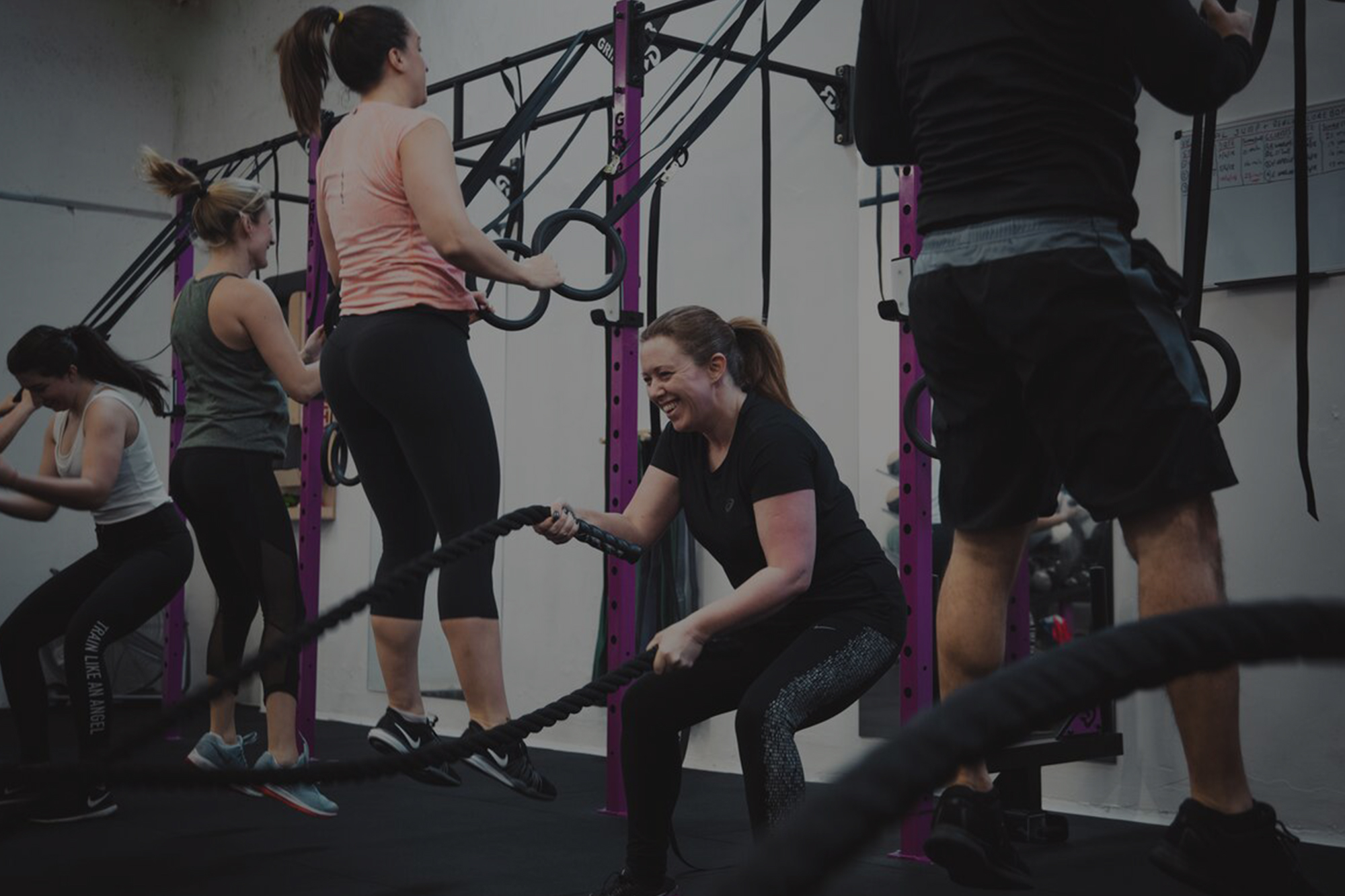
Hello everyone! Michael here. I hope you are all keeping well and have enjoyed your summer of training and are looking forward to keeping the momentum going into the autumn and winter. Keep up the good work! In today’s blog article, I will be outlining the importance of strength training and how it greatly supports health, longevity, and vitality, by helping us to avoid illness as we move through life.
According to the American Heart Association, ‘strength training’ (also known as ‘resistance training’) is physical activity, which is designed to improve muscular fitness by exercising a specific muscle or group of muscles against an external resistance. This includes free-weights (dumbbells, kettlebells), weight machines, or your own body weight. At Gravity, we coach and use a mixture of components of strength training, in conjunction with some high tempo cardiovascular and endurance activity. This places our clients in a great position to build a holistic and functional level of strength and fitness in a practical and safe way, subsequently contributing to their overall quality of life.
Strength Training Combats Disease Associated with Poor Muscle Function
In modern life, we are now predisposed to being physically inactive. In general, we spend a large amount of time in a sitting position. According to Dr. Brendan Egan, Associate Professor of Sport and Exercise Physiology at Dublin City University, even when we do a half an hour of purposeful aerobic exercise (walking, running, jogging, cardiovascular machines) first thing in the morning, we still spend about 90% of the next 15 and a half hours of our waking day in a seated position. It has been shown that sitting, or inactivity in general, is an independent risk factor for a majority of diseases. The more sedentary and inactive that we remain on a daily basis, the more our muscles are getting smaller and working less and less. Therefore, we need to work them!
‘Sarcopenia’ is the degenerative loss of skeletal muscle mass, quality, and strength associated with aging. From the age of about 30, every decade we lose roughly between 3-8% of our muscle size. To combat this, we must engage in strength training! The more muscle we have on our frame, the stronger our bones will be, meaning the less susceptible we become to falls and fractures as we age and the better our quality of movement will be e.g. ability to walk up the stairs, run for the bus, lift a heavy box at home etc.
Due to advancements in medication, the world population is living much longer, which on the surface, is positive. However, with aging and extended lifespans, this has now been associated with chronic illness. Hung et al. (2011) outlined that in adults aged over 65 years, the proportion of the population reporting one or more chronic diseases is currently 92.2%. In this case, chronic diseases are defined as hypertension, coronary heart disease, diabetes, stroke, cancer, and arthritis. In summary, although we are living for longer, we may not be living healthier.
Strength training, physical activity, and good nutrition is the best scientifically proven method for reducing our likelihood to develop the mentioned chronic diseases. There is a tendency for many of us to associate strength training with sportspeople and athletic populations. While it is absolutely an important part of their training regime, strength training is not solely for athletes. Strength training is for everyone and with the right approach and appropriate coaching, you can achieve the fitness goals that you’ve always wanted and avoid illness! Teenagers, young and middle-aged adults, and the elderly will all greatly benefit from strength training. At Gravity, we help our clients to develop strength, balance, coordination, and stability in various movement patterns and assist them in improving their cardiovascular fitness.
Thanks for reading! I hope it has helped to inform your understanding of why you do what you do in the gym with us. We always have to outline the bigger picture (in this case – our health and longevity as we move through life). If you would like to know more about this topic, ask any one of the team next time you’re in for your workout.
See you all in the gym,
Best wishes,
Michael




